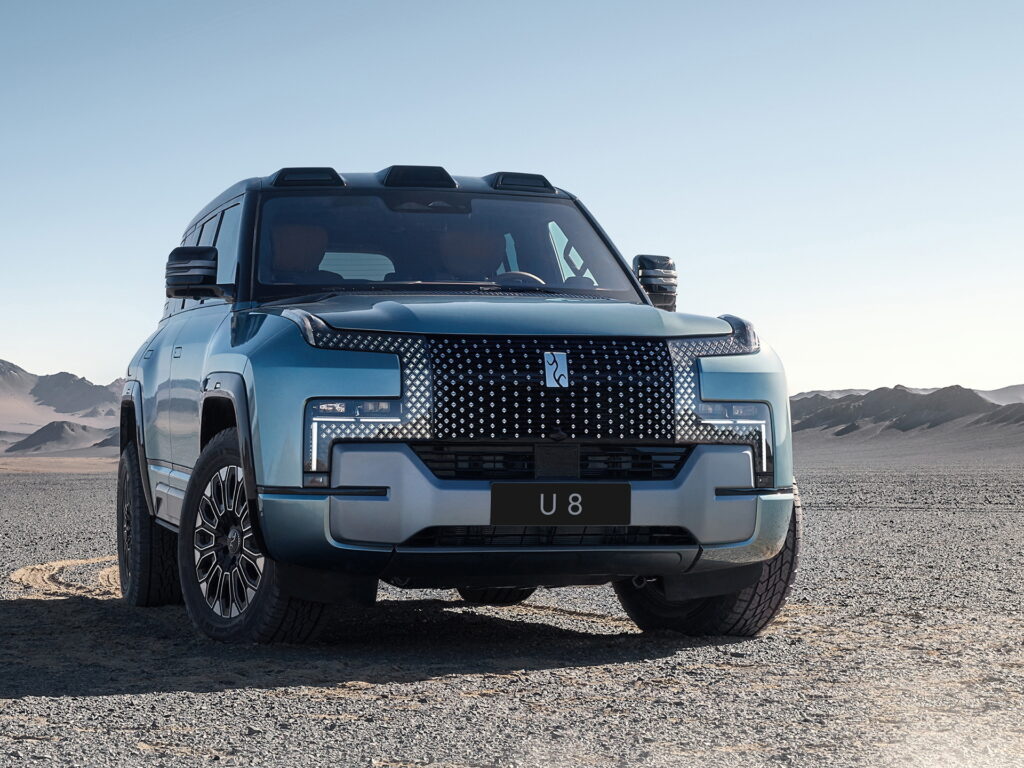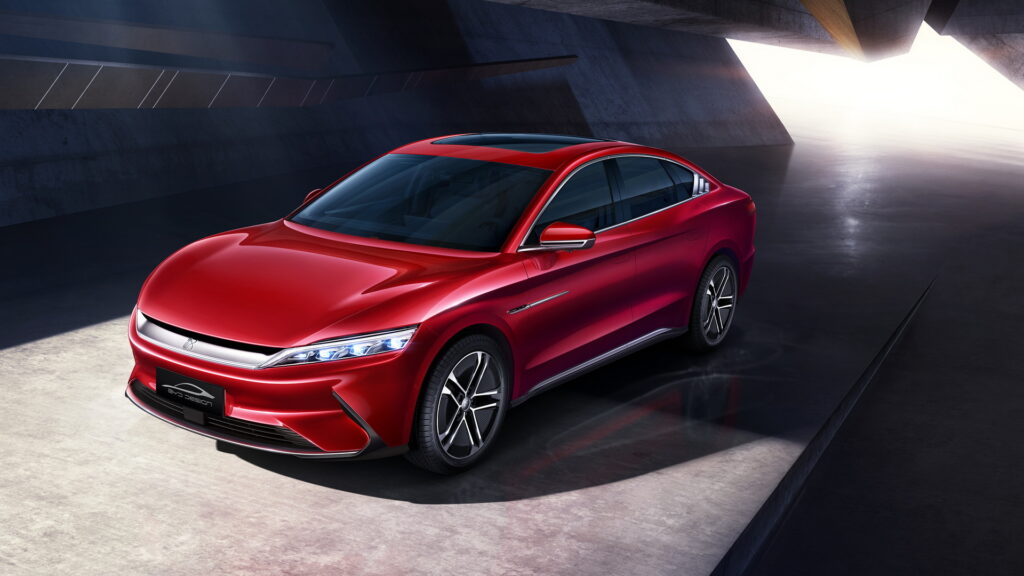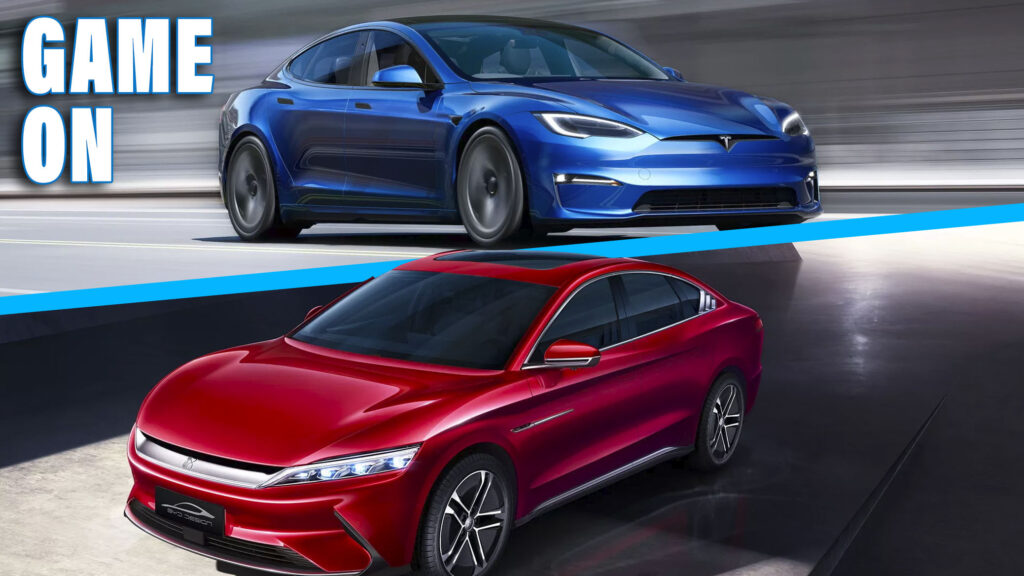The BYD group, one of China’s leading manufacturers in the EV space, has set itself an ambitious target for 2023; overtaking Tesla as the world’s leading EV manufacturer in terms of sales volume. The plans were revealed to investors at a conference in Hong Kong last month by BYD Chairman Wang Chuanfu. Wang stated that BYD aims to double their 2022 sales volume of all types of vehicles to 3.6 Million units globally.
The brand has doubled down on new energy vehicles, ceasing sales of pure internal combustion models entirely in 2022 to focus on EVs and Hybrids. BYD has not released a projected breakdown of EVs vs Hybrid sales, but based on 2022’s ratios, if they meet their overall targets, sales of EVs would approach 1.75 Million units, which is very close to Tesla’s target for this year of 1.8 Million units, reports Nikkei Asia. However, even with such aggressive plans, as was earlier reported, BYD has no intentions of entering the U.S. market.
Related: Despite Rolling In Cash, BYD Has No Plans To Enter The U.S. Market

Additionally, performance in the first quarter left much to be desired as BYD produced 260,000 units, significantly behind Tesla’s 420,000, which was partly driven by aggressive price cuts in several markets. BYD plans to make up this shortfall partly by expanding capacity, which it is doing at a rapid rate. It is upping production capacity from 2.9 Million units up to an estimated 4.5 Million, analysts say. The company is also debuting its luxury brand Yangwang this year, with the initial product being a luxury Sport Utility Vehicle dubbed U8, which is in an entirely new territory price-wise for the brand. The U8 will apparently be followed up by a brand new supercar as well, with BYD seeking to move away from its mid-market roots and challenge Tesla in the high-end space.
The success of these lofty ambitions depends on several factors, key among which is a ramping up of exports, an area which BYD has found challenging so far, with overseas sales accounting for only 3% of 2022’s volume, in stark contrast to Tesla. BYD is also looking to improve its domestic sales network and customer service, which have been found lacking by consumers in certain situations, and have drawn complaints.
But arguably, the largest issue facing BYD’s expansion plans may be China’s withdrawal of subsidies for EVs, which happened in December 2022. These subsidies were a major driver of volume in the sector, and the long-term effects of their withdrawal remain to be seen. Wang, however, remains upbeat about the company’s plans and believes any negative effects will be “minor.”









